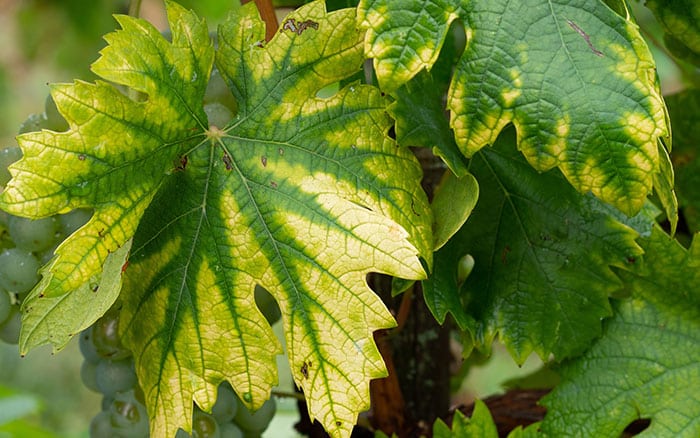Taking a break to sit in the garden with a cup of coffee to perk yourself up is a popular way to relax in your surroundings and enjoy the sensory experience of the garden. However, it’s not just you that enjoys coffee, because some plants in the garden will benefit from coffee grounds too.
Necessary nutrients
Plants need nitrogen. Nitrogen is a major component in chlorophyll which is what gives plants their green colour and is involved in the process which creates food.
Without nitrogen, a plant can’t make proteins or amino acids. So, when there’s a lack of nitrogen, or a nitrogen deficiency, the plants cannot grow and create their own cells.

Nitrogen is all around us, in fact, it makes up around 78% of the air that we breathe. For plants to access nitrogen, it must be converted into the soil.
Spill the beans

One way of adding nitrogen to soil is by adding coffee grounds to the mix.
It is commonly thought that coffee grounds raise the acidity level of soil (lowering the pH). However, this is only true for unwashed coffee grounds because used coffee grounds are neutral. Fresh coffee grounds are acidic, but if you rinse the coffee grounds, they have a near-neutral pH and won’t impact the acidity levels of the soil.
Coffee grounds can be used as a fertiliser by working them into the soil around plants. Leftover diluted coffee can be used in the same way – but remember that it should be straight-forward black coffee rather than a fancy latte with sugar and milk!
Back to the grind
So which plants will appreciate added acidity? Generally, acid-loving plants will appreciate a boost with coffee grounds. Plants such as roses, blueberries, azaleas, radishes, rhododendrons, hydrangeas, cabbage, lilies, and hollies.
Alternatively, coffee grounds and used coffee filters can be added to your compost pile. When added to your compost pile they act as ‘green materials’ because they are higher in nitrogen. Therefore, they need to be balanced out with ‘brown material’ such as cardboard, paper, and straw.

As well as being added to your plants and compost pile, coffee ground can be used as mulch for plants, as well as a method of keeping slugs and snails at bay. Others use it as a cat repellent to steer the neighbour’s pets clear of the veg plot too.

The article on coffee in the garden was great. Thank you.
Sweat about tea/ tea again the garden?